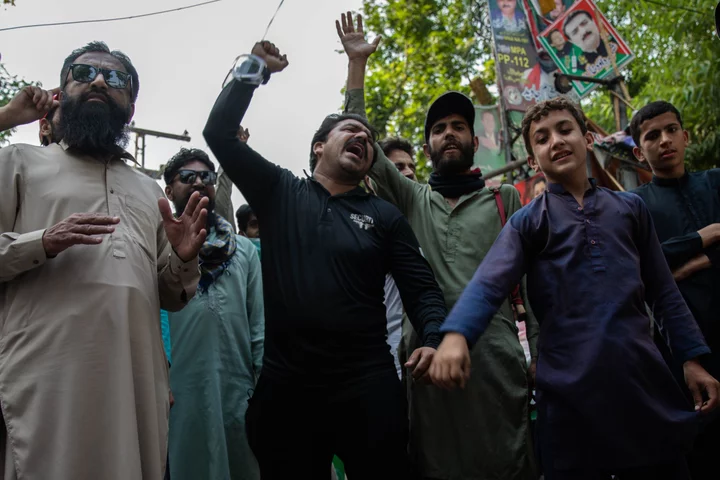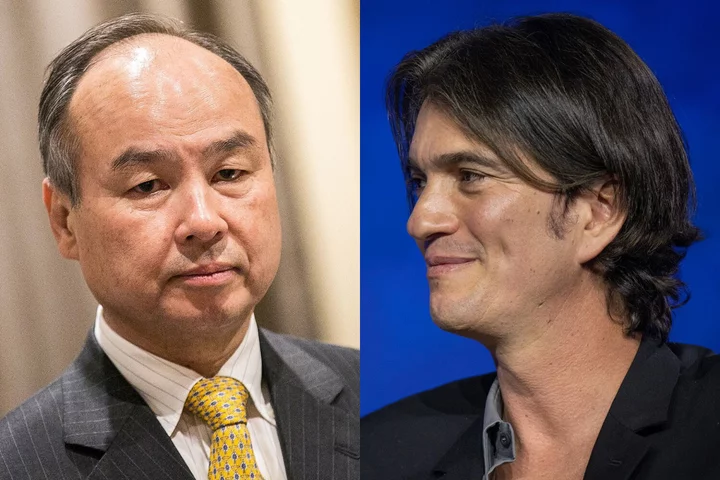Pakistan’s former premier Imran Khan has been summoned to appear before the country’s anti-graft agency on Thursday, days after its efforts to detain him were overturned in the courts.
The National Accountability Bureau sent a call-up notice to the Pakistan Tehreek-e-Insaf party leader late on Tuesday asking him to cooperate with its investigation into a land graft case, an NAB spokesman confirmed by phone. He was asked to provide certain documents and answer questions related to the allegations.
Pakistan’s top court ordered Khan’s release last week, calling the nature of his arrest illegal, and the Islamabad High Court later granted him bail in the case. However, the anti-graft agency is free to continue its investigation.
The former cricket star’s fate is far from certain even as he’s seeking preemptive bail in the dozens of other cases he faces. The political crisis comes as Pakistan faces its worst economic distress in decades, as it struggles to secure a $6.7 billion International Monetary Fund bailout.
Two further cases are scheduled against Khan Wednesday, including one on his bail status. His party says he won’t be attending either. In a video released on Twitter, Khan said he will set out his “next plan of action” on Thursday and called on supporters to attend a peaceful protest in the city of Muridke, just north of Lahore.
Khan’s detention by paramilitary troops in Islamabad on May 9 sparked clashes between his supporters and security forces that left at least eight people dead. Scores more were arrested, including close aides and political associates of the PTI leader.
The National Security Committee, chaired by Prime Minister Shehbaz Sharif, on Tuesday backed a move by the military to take action against those who were part of the violence. The army had earlier issued a sharply worded statement saying it would no longer show “restraint” against those who attacked its buildings.
Rights group Amnesty International has criticized the military’s comments.
“It is alarming to note that the Pakistani Army has stated its intention to try civilians under military laws, possibly in military courts,” Dinushika Dissanayake, the deputy regional director for South Asia at Amnesty said in a statement. “Trying civilians in military courts is contrary to international law.”
(Updates with NAB confirmation and more details throughout)









